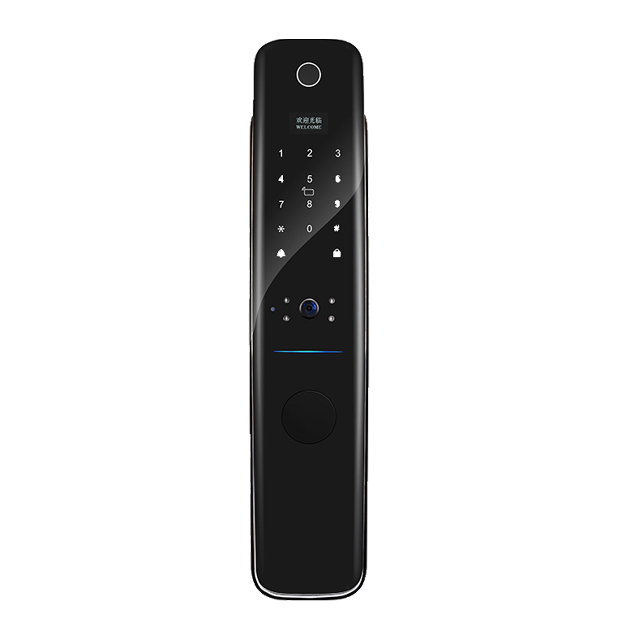Door locks are currently the most important and common accessory for indoor safety, and their combination with anti-theft doors is the most commonly used security and anti-theft measure in cities. Nowadays, most of the anti-theft door locks installed indoors use the principle of a connecting rod lock, which acts as a connecting rod. The reason for this is because current anti-theft door locks have multiple locking functions, commonly known as locking. However, when it comes to using anti-theft door locks, it is still necessary to understand their internal working principles. In fact, their internal parts are mainly composed of the main lock cylinder and external locks. 
Then the connecting rod will be externally connected, and one end of the connecting rod will be equipped with an external locking tongue, and the other end will be connected to the main lock cylinder. This way, when people use the key to lock, in addition to locking the main lock cylinder, it can also drive the connecting rod to control the external locking tongue, achieving multiple locking purposes.
When it comes to current anti-theft door locks, they are actually the main locking devices. The exterior of these door locks now adopts the principle of connecting rod locks, while the interior generally adopts the form of handle locks or flat locks. As the main type of door lock, the connection between the connecting rod and the main lock cylinder is the main characteristic of anti-theft door locks to a large extent.
